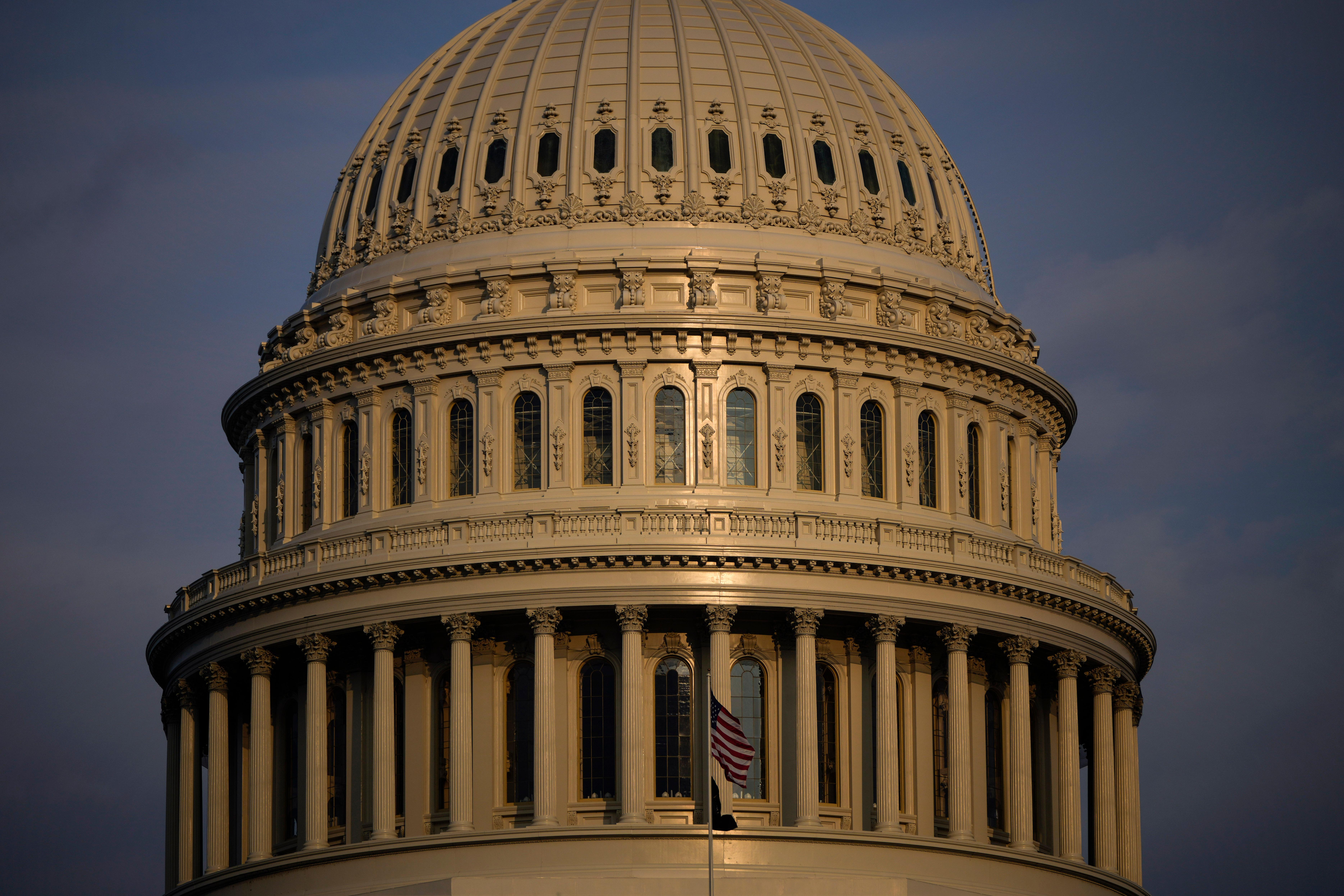Should Investors Sell or Hold Stocks Before a Government Shutdown?
A potential government shutdown looms, and investors are wondering whether it's a good time to sell or hold. Here's what you can expect.
Sept. 29 2021, Published 1:36 p.m. ET
The House is poised to decide on Sept. 29 whether or not to allow the U.S. federal government to skirt a government shutdown. The deadline to decide is on Sept. 30, and the House must pass a funding bill before that to prevent a shutdown.
Amid the confusion, investors are looking to their portfolios to decide the right move. Should they sell or hold on to stocks while officials scramble to make the right call?
The state of the government ahead of a potential shutdown
House Speaker Nancy Pelosi wrote in a letter, "Today, the House plans to move forward to honor its responsibility to protect the American economy and American families from the catastrophe of a default by passing legislation to suspend the debt limit."
By this, Pelosi means passing a funding bill to avoid a government shutdown. The U.S. hasn't experienced a full or partial government shutdown since the COVID-19 pandemic began. The most recent shutdown occurred under the administration of President Trump in 2019 and lasted for 35 days—the longest in U.S. history.
Real answers about what to expect will come this week. The deadline to avoid a shutdown via a funding bill is Sept. 30 at midnight.
The U.S. has until Oct. 18 to raise the debt ceiling in order to keep the country from defaulting on its debt, a potential reality that would be catastrophic for the U.S. economy.
Stocks are responding to shutdown fears.
On Sept. 28, the Nasdaq fell -2.83 percent, the S&P 500 fell -2.04 percent, and the Dow fell -1.63 percent. The dog days of September combined with fears of a government shutdown pushed the market lower and ultimately led to a negative day across the board.
As the consumer confidence index wanes, stocks are responding negatively to the current political standoff (especially high-growth tech stocks, which the Nasdaq is full of).
How past government shutdowns impacted the stock market
Historically, stock markets have had minimal returns before and during government shutdowns. Stocks usually stay flat during the shutdown period. However, a shutdown isn't the most important factor, even in the midst of one.
The current economic landscape is an even bigger consideration, which is why the S&P 500 fell lower by about -2 percent during the last government shutdown under Trump.
Tech stocks tend to be hit hardest during shutdowns, but energy stocks can also be fickle.
What could happen to stocks
The debt ceiling standoff in 2013 caused markets to drop temporarily, but they were back within weeks. However, when Standard & Poor downgraded the nation's sovereign debt rating in 2011, the S&P 500 fell nearly -13 percent, which took some time to recuperate.
Currently, the stock market could waver and recover or tank for an extended period of time.
Should you sell stocks ahead of the government shutdown?
The government shutdown isn't a sure thing. If it does happen, stocks could stay relatively flat during the event. This means holding onto your position would make sense. However, stocks could also struggle to regain lost value, which means that liquidity could be a better option.
For long-term investors, an extended time horizon gives you an opportunity to stay invested without fear. For short-term investors, consider regaining some liquidity where you can and investing in lower-risk assets.


